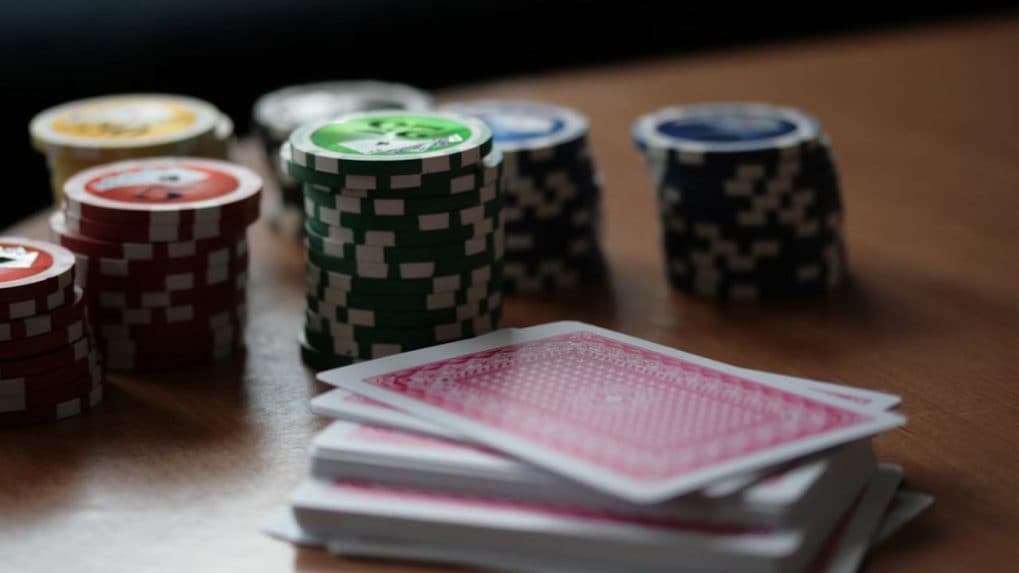Advertising
From Pink Slips to Silent Sidelining: Inside adland’s layoff and anxiety crisis

The Union government has prepared a Bill aimed at banning all forms of online real-money gaming (RMG), a move that could shut down a multi-billion-dollar industry employing lakhs and entertaining nearly 500 million players. The Bill is scheduled to be tabled in Parliament on Wednesday.
RMG includes any online platform where players pay to participate and can win cash rewards. This covers fantasy sports apps, card games and other skill or chance-based games involving monetary stakes. Crucially, the draft law proposes a blanket ban on such platforms—regardless of whether the games are based on skill or luck.
Banks and financial institutions will also be barred from processing payments related to these platforms.
Notedly, E-sports are not part of the ban and are set to be encouraged under the new law. The Bill makes a clear distinction, E-sports, organised competitive video gaming like BGMI, PUBG, or League of Legends, will be promoted and regulated by a designated authority. Social games, where users spend on ads or in-app purchases but don’t win money, remain unaffected. Only RMG platforms, where cash prizes are involved, will be targeted.
Key provisions of the draft Bill
- Ban on money games: No person or company can offer, promote, or even advertise online real-money games. - Heavy penalties: Hosting RMG could attract up to 3 years in jail and a Rs 1 crore fine. Promoting them could mean 2 years in jail and a Rs 50 lakh fine. - Payment restrictions: Banks and payment providers cannot process transactions linked to banned games.
Authorities cite rising cases of gaming addiction, financial distress and mental health concerns, especially among the youth. Some states, such as Tamil Nadu, have already introduced curbs. The Centre now wants a uniform nationwide policy.
If enacted, the ban would directly affect leading homegrown firms like Dream11, My11Circle, WinZO, Games24x7, Junglee Games and over 400 others.
Collectively, these platforms employ more than 2,00,000 people; have attracted over Rs 25,000 crore in foreign direct investment; and contribute nearly Rs 20,000 crore annually in GST.
Industry bodies warn the ban could wipe out jobs, shut companies and push players toward unregulated offshore apps that pay no taxes.
The GST angle
RMG firms are already reeling under a 28% GST on deposits, introduced in 2023, plus a 30% tax on winnings. There is now talk of raising GST on RMG to 40%, grouping it with “sin goods” like alcohol and tobacco.
Interestingly, while the GST regime currently does not differentiate between games of skill and chance, the new Bill does. Whether taxation will align with this distinction remains unclear.
The Promotion and Regulation of Online Gaming Bill, 2025 will be introduced in Parliament today.
From purpose-driven work and narrative-rich brand films to AI-enabled ideas and creator-led collaborations, the awards reflect the full spectrum of modern creativity.
Read MoreLooking ahead to the close of 2025 and into 2026, Sorrell sees technology platforms as the clear winners. He described them as “nation states in their own right”, with market capitalisations that exceed the GDPs of many countries.